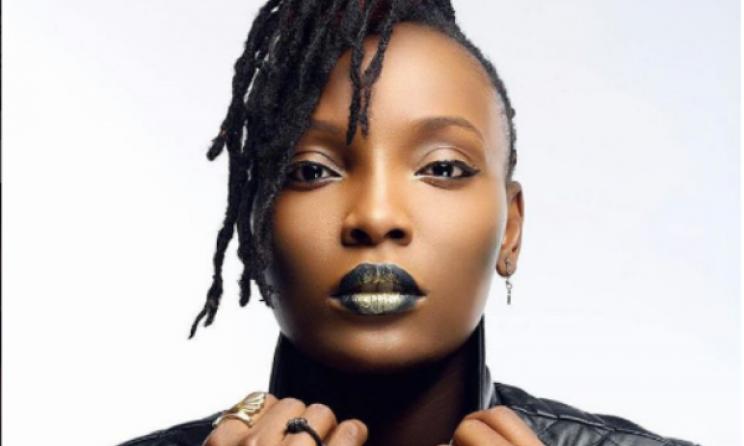General
How we worked on inclusion of 29 Nigerian English in Oxford dictionary – Nigerian man reveals

A Nigerian researcher and Ph.D. candidate at Northumbria University, in the United Kingdom, who was part of the team that worked on the inclusion of 29 Nigerian English words in the latest update of Oxford dictionary, has revealed that the project is ongoing and more words will be added in the future.
Kingsley Ugwuanyi in a series of tweets via his Twitter handle @KingsUgwuanyi said he is pleased with how Nigerians gladly reacted to the inclusion of the words.
WuzupNigeria reported that Oxford English Dictionary (OED) in a blog post published on its website last week announced the inclusion and said some of the words were borrowed while others are coinages.
“The majority of these new additions are either borrowings from Nigerian languages, or unique Nigerian coinages that have only begun to be used in English in the second half of the twentieth century, mostly in the 1970s and 1980s,” the post added.
Some of the words added included – danfo, mama put, tokunbo, gist, guber, Kannywood, K-leg, next tomorrow among others.
Relishing how he worked as a consultant to OED for the project, Ugwuanyi said the release will serve as a forerunner of his doctoral work.
He added that the project commenced in 2018 before the update was eventually released in January 2020.
He also revealed that the project is still ongoing and, hopefully, more words/senses will be added in the future.
Ugwuanyi tweeted:
I’m extremely pleased to be part of the project which saw the inclusion of 29 Nigerian English words in Oxford Dictionaries. I’m all the more pleased with the reception, especially in Nigeria but also in other places.
The widespread positive reception points to one obvious fact: that Nigerians are proud of their own. While battling with a feeling of vainglory, I’m extremely excited that the release will serve as a forerunner of my doctoral work which argues that Nigerians, like many other speakers of English around the world, can/do exercise ownership of English.
The editors at Oxford and I started this project in early 2018, working with assiduity to ensure that what is put out to the public is ‘qualitative’ (one of the words included).
I found myself in a team of the best lexicographers in the world, and I enjoyed every bit of the process.
Thank you, Oxford, for the opportunity. As the Nigerian consultant to the project, I’ve carefully read people’s views on the release.
While reactions are generally positive, I’ve observed that some news houses, perhaps inadvertently, termed the words Nigerian slang or Nigerian colloquialisms. Need they be reminded that such terms do not reflect the fact that these words, as evidence from corpora shows, are used in the most formal of contexts?
Well, this is an ongoing project and, hopefully, more words/senses will be added in the future. So I’m happy to receive criticisms, not necessarily suggestions of words that should be added. Do any of the definitions not represent what the words mean to Nigerians?
Let me thank every Nigerian, friend, colleague, supervisor and all who have sent me words of congrats. Thank you! We will ride on the strength of your support to do more. Kingsley Oluchi Ugwuanyi.”
See his tweet:
Nigerian English Words in Oxford Dictionaries: My Role as the Consultant
Short #thread
I’m extremely pleased to be part of the project which saw the inclusion of 29 Nigerian English words in Oxford Dictionaries. I’m all the more pleased with the reception, especially in Nigeria
— Kingsley Ugwuanyi (@KingsUgwuanyi) January 26, 2020
-

 Entertainment17 hours ago
Entertainment17 hours agoLagos Police apologise to DJ Switch over arrest misinformation
-

 Politics21 hours ago
Politics21 hours agoEFCC arraigns ex-Kogi gov, Yahaya Bello on money laundering charges
-

 Politics17 hours ago
Politics17 hours agoNorthern elders deny ‘regret voting for Tinubu’ statement
-

 Economy20 hours ago
Economy20 hours agoNigeria’s debt repayments behind FX reserves decline – CBN
-

 Entertainment16 hours ago
Entertainment16 hours agoChess Master Tunde Onakoya hits 20-hour mark on GWR quest
-

 Politics15 hours ago
Politics15 hours agoYahaya Bello absence stalls EFCC arraignment
-

 Politics16 hours ago
Politics16 hours agoCourt refuses to drop N4bn fraud charges against ex-Anambra gov
-

 Crime16 hours ago
Crime16 hours agoNasarawa man slits Okada rider’s throat, steals bike




























